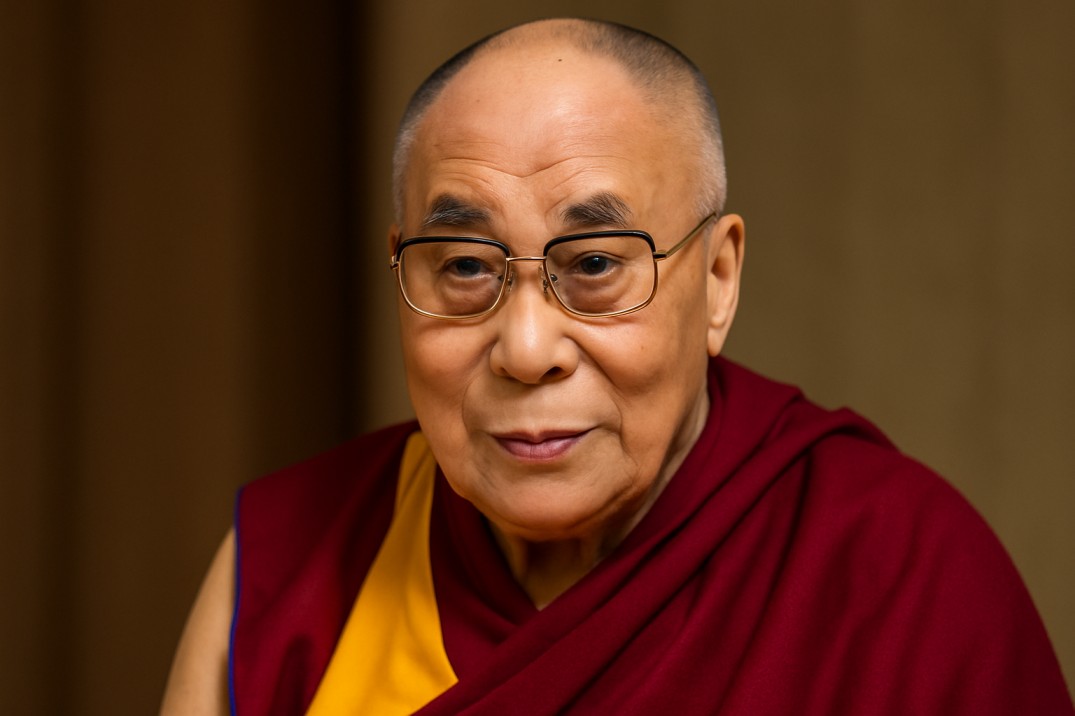Southeast Asian foreign ministers will meet “unofficially” in Washington on Wednesday to discuss the Myanmar junta reneging on a consensus with ASEAN to move the country back towards democracy, Malaysia’s foreign ministry said.
At the meeting to be held on the eve of a two-day U.S.-ASEAN summit in the American capital, Malaysian Foreign Minister Saifuddin Abdullah will call for unofficial engagement by the Association of Southeast Asian Nations with Myanmar’s parallel civilian National Unity Government (NUG), the ministry said Monday.
“The meeting will be held on the 11th in Washington,” Saifuddin’s press secretary told BenarNews.
“It will be held face to face as most leaders will be there.”
The official also confirmed that Saifuddin had told a local newspaper, The Star, that the May 11 meeting was being held unofficially and to discuss the post-coup crisis in Myanmar.
“We will put forward several views on how we can ensure the 5PC is implemented properly,” the minister said in an interview Saturday with The Star.
Saifuddin was referring to a five-point consensus agreed upon among ASEAN members, including the Burmese junta, which overthrew the civilian government of Aung San Suu Kyi on Feb. 1, 2021, three months after her party won re-election by a landslide.
Most analysts agree that implementation of the consensus, which was reached on April 24 last year, has been a colossal failure. ASEAN envoys appointed by successive chairs of the regional bloc have not been able to meet with all parties concerned, and the junta’s forces have unleashed even more violence after agreeing to the consensus.
More than 1,800 people, mostly civilians, have been killed by Myanmar’s security forces since the coup, and nearly 11,000 people have been arrested, charged or sentenced by the military regime.
The consensus had called for the “immediate cessation of violence”; a constructive dialogue among all parties; the mediation of such talks by a special envoy of the ASEAN chair; provisions of humanitarian assistance coordinated by ASEAN; and a visit to Myanmar by an ASEAN delegation, headed by the special envoy, to meet with all parties.
‘Engage the NUG’
Meanwhile, Saifuddin, who had earlier said he would propose that ASEAN start an informal dialogue with the NUG and the National Unity Consultative Council, reiterated that he would make this proposal at this week’s meeting. The NUCC includes representatives of the NUG, civil society groups, ethnic armed organizations, and civil disobedience groups.
“It’s okay for us to show impartiality but we should engage [the NUG] because according to the 5PC, we need to engage all stakeholders,” he said.
This did not imply ASEAN was taking sides, he noted. Besides, Saifuddin had said in late April that he already contacted the NUG.
“We have no business in choosing sides. We have to take into consideration that the NUG is a government that was formed through an election and the NUCC is the grouping of all kinds of organizations, parliamentarians, civil society organizations, ethnic groups and regional groups,” Saifuddin told The Star.
The Malaysian foreign minister’s comments came about a week after the Myanmar junta’s foreign ministry reacted furiously to his earlier suggestion that ASEAN engage unofficially with the NUG.
On May 3, the state-run Global New Light of Myanmar newspaper quoted the junta’s foreign ministry as saying it “protests and rejects” the Malaysian foreign minister’s remarks, because “they could abet terrorism and violence in the country, hampering the Myanmar Government’s anti-terrorism efforts and infringe international agreements related to combatting terrorism.”
Separately, a group of Southeast Asian parliamentarians on Monday urged ASEAN and the U.S. to take the opportunity of their meeting next week to initiate tougher action against the Myanmar military.
“We urge the U.S. and ASEAN to adopt much stronger measures than those taken so far, including the suspension of Myanmar’s membership in the group, travel bans in the region for Min Aung Hlaing and his generals, and targeted sanctions against the leaders of the coup,” ASEAN parliamentarians for Human Rights said in a statement.



